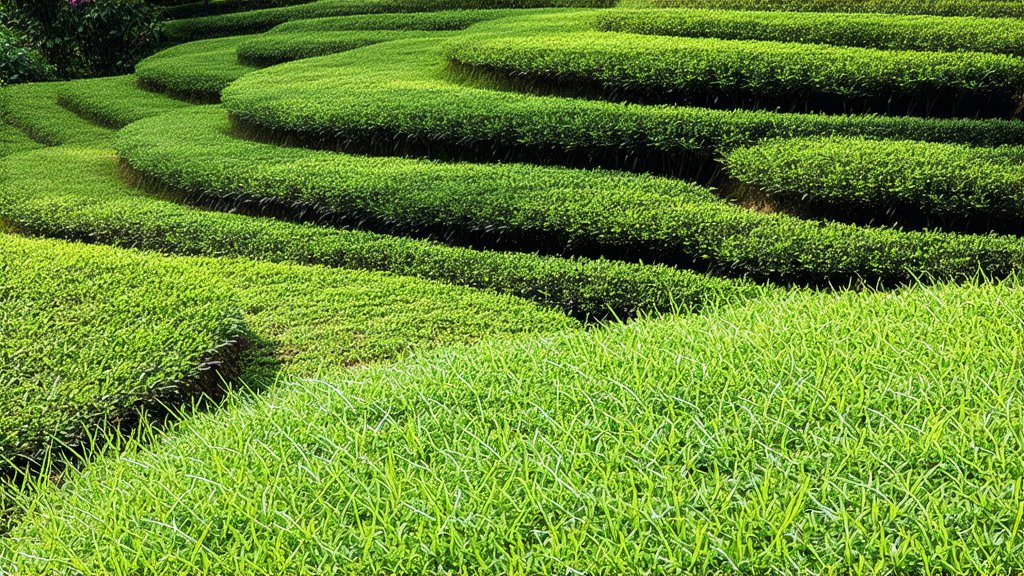
In the vast and diverse landscape of Chinese tea culture, few varieties capture the imagination and palate quite like the Fujian Silver Needle, also known as Baihao Yinzhen. This exquisite white tea, hailing from the lush mountains of Fujian province, stands as a testament to the artistry and tradition that define China's rich tea heritage. In this exploration, we will delve into the history, varieties, production process, and the nuanced art of appreciating this remarkable tea.
A Historical Journey
The origins of Fujian Silver Needle date back over a thousand years, intertwined with the legends and lore of ancient China. It is said that the tea was first discovered by a wise monk meditating in the mountains who observed tea leaves shimmering like silver needles under the moonlight. Since then, it has been revered not just for its delicate flavor but also for its purported health benefits. Over centuries, it evolved from a local delicacy to a sought-after treasure, eventually making its way into the imperial courts and beyond.
Varieties and Classification
Fujian Silver Needle belongs to the broader category of white teas, which are minimally processed to retain their natural flavors and properties. Within this category, it is considered one of the finest grades, often referred to as "tippy" white tea due to its use of only the youngest buds and leaves covered in fine white down or "fuzz." These unopened buds give the tea its characteristic silvery appearance and contribute to its unique flavor profile.
The Art of Production
The production of Fujian Silver Needle is an intricate dance between man and nature, requiring meticulous attention to detail at every step. Harvesting typically occurs in early spring when the first flush of buds emerges, ensuring optimal freshness and flavor. The process begins with carefully handpicking only the top two leaves and the bud, a task demanding both skill and patience.
Once harvested, the leaves undergo a series of delicate operations:
-
Withering: The freshly picked leaves are spread out thinly on bamboo mats under the sun or in well-ventilated rooms, allowing them to lose moisture gradually without the application of heat. This slow withering process can take up to 72 hours and is crucial for developing the tea's signature aroma and taste.
-
Drying: After withering, the leaves are dried further using low temperatures to remove any remaining moisture, preserving their natural essence and preventing oxidation.
-
Sorting and Packaging: Finally, the dried leaves are sorted meticulously to ensure uniformity in size and quality before being packaged in airtight containers to maintain freshness.
The Symphony of Flavors: Appreciating Fujian Silver Needle
To truly appreciate Fujian Silver Needle, one must engage in the traditional Chinese tea ceremony, a ritualistic practice that elevates the act of drinking tea into an art form. Here’s how you can savor this extraordinary tea:
-
Preparation: Use a transparent glass teapot or a Gaiwan (a traditional Chinese tea cup with a lid) to allow for visual appreciation of the tea's beauty. Rinse the teapot with boiling water to warm it up.
-
Infusion: Take approximately 3-5 grams of loose leaves per 200ml of water. Pour hot water (around 80-85°C or 176-185°F) over the leaves gently, allowing them to unfurl gracefully.
-
Steeping Time: The initial steep should be short, around 1-2 minutes, to extract the lightest notes. For subsequent infusions, gradually increase the steeping time to explore different layers of flavor.
-
Observation: As the leaves dance in the water, observe their transformation from tight buds to fully opened leaves, revealing a pale yellow liquor that glows like liquid gold.
-
Aroma and Taste: Inhale deeply to capture the subtle floral and fruity aromas reminiscent of honey, melon, and apricot. Sip slowly, allowing the tea to coat your palate, experiencing its smooth texture and sweet aftertaste that lingers long after each sip.
Health Benefits and Cultural Significance
Beyond its enchanting taste, Fujian Silver Needle is celebrated for its numerous health benefits. Rich in antioxidants, amino acids, and vitamins, it is believed to boost immunity, improve cardiovascular health, and promote relaxation. In traditional Chinese medicine, it is often prescribed for its cooling properties, capable of soothing the mind and body.
Moreover, its cultural significance cannot be overstated. In Chinese society, serving Fujian Silver Needle signifies respect and hospitality, symbolizing purity, elegance, and refinement. It plays a central role in social gatherings, family reunions, and even in diplomatic exchanges, where it serves as a bridge connecting hearts and minds across cultures.
Conclusion
Fujian Silver Needle is more than just a tea; it embodies the philosophy of harmony between humanity and nature, a reflection of China's profound connection to its land and traditions. As you embark on your own journey exploring this exquisite beverage, may you find not only pleasure in its taste but also a deeper understanding of the rich tapestry that is Chinese tea culture. Whether enjoyed alone in quiet contemplation or shared among friends in lively conversation, let each cup of Fujian Silver Needle transport you to the misty mountains of Fujian, where time stands still, and nature's bounty unfolds in every sip.